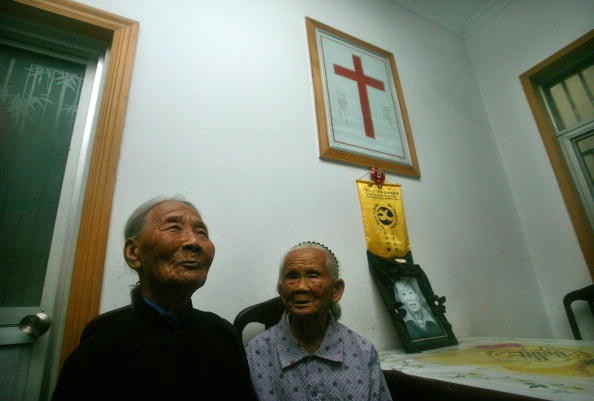Few filmmakers venture into the world of tragedy and successfully recount a story, let alone Wei Shaolan’s--a woman forced into sex slavery by Japanese during the Sino-Japanese War.
Guo Ke, a filmmaker, was barely able to contain his emotions when Wei expressed how she wanted to live her life, according to a report by the Global TImes.
“The world is so beautiful. I want to live and see this world,” she says.
Wei is now 97 years old. Forcibly drawn to into sex slavery by Japanese soldiers, she managed to eventually to escape but found that she was carrying a child. She then gave birth to this child and has since been living in poverty in Guangxi Xhuang Autonomous Region.
What struck Guo was the optimism that she still had despite the suffering she had to endure. For the filmmaker, there is a great gap between society’s pre-conceived notions of comfort women and who they really are.
A tragic life, but not as prostitutes
According to official data, there were approximately 200,000 comfort women in China from 1937 to 1945. Guo intends to present the true situation of comfort women through his latest Documentary Twenty Two, referring to the number of women he was able to find from that period.
Although he is expecting that the film will not attract great nationwide attention, Guo is focusing on presenting comfort women’s resiliency and the injustice they experienced.
"My hope is that, at the very least, people can have a correct understanding of 'comfort women.' People should know that they are victims, not prostitutes," he says.
Making an impact through film
Guo began a crowdfunding campaign to kickstart the work on the film. He raised 1 million yuan ($145,862) from more than 20,000 supporters. It was just enough to make 6,000 copies for cinemas nationwide.
Despite his strong efforts in making the film a success, the subject of comfort women continue to considered taboo. Many say that it represented a shameful story and was a negative influence on people.
Developing the film has changed Guo’s perspective and career. With only 11 out of 22 women in his film that are still alive, he is relentless in ensuring history does not forget them.
"I want to shoot films that have societal impact," Guo says.




























